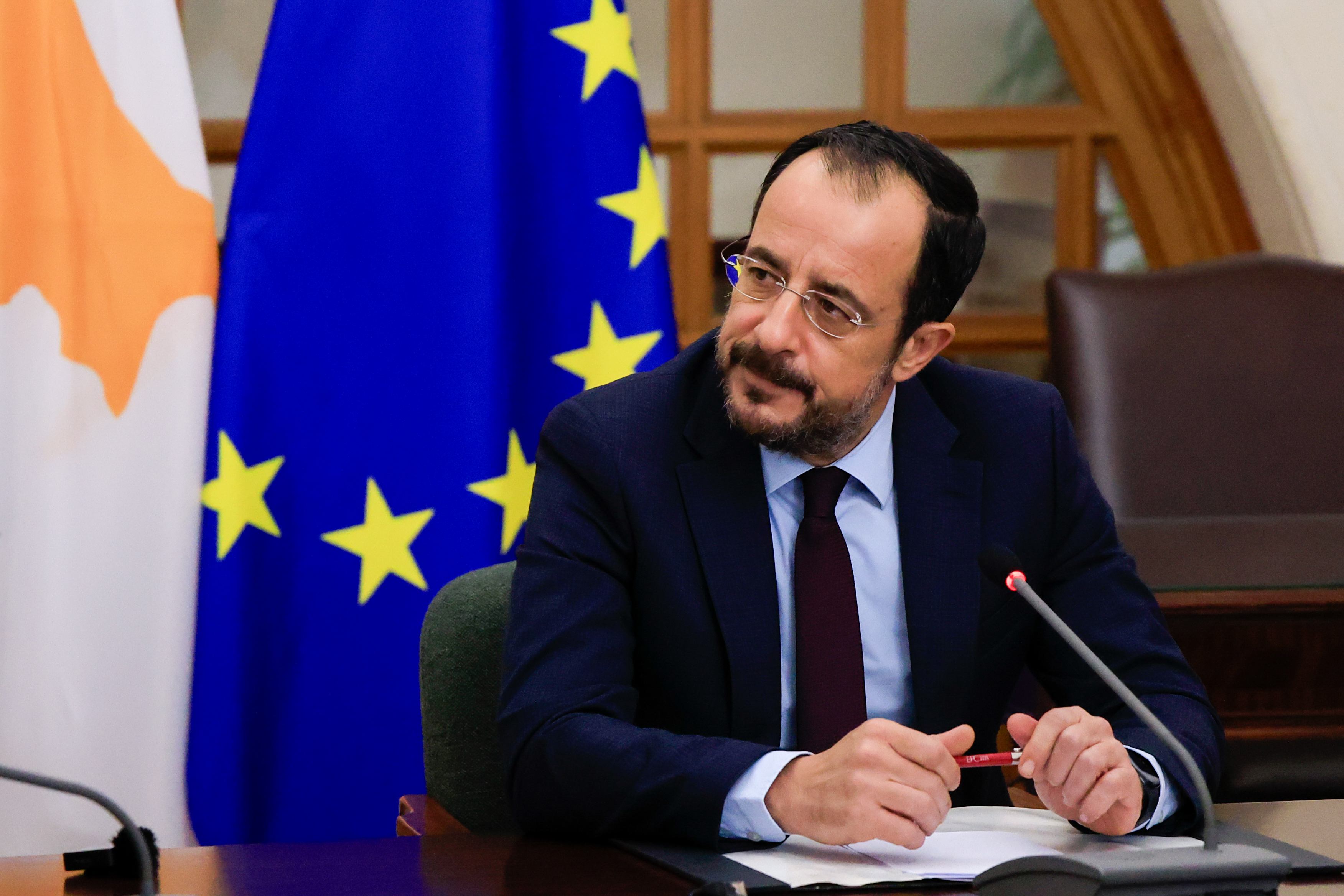President Nikos Christodoulides on Wednesday called for an “immediate” response from parliament to pass his tax reform plans into law, to allow them to be implemented by the beginning of next year.
“I hope that parliament will respond immediately and that the tax reform in its entirety will be implemented from January 1 … Now is the time for decisions. Now is the time for parliament to vote,” he said ahead of the morning’s cabinet meeting.
Cabinet later approved six bills on the planned tax reform, which are now to be submitted to parliament.
“Through our proposals, I am happy, because we are achieving our first goal, which was the fairer distribution of the tax burden. We are essentially strengthening the middle class, which is the backbone of our economy and our society. We are strengthening families with provisions for tax relief based on family composition and taking into account that we must face the demographic challenge,” he said.
He added that his planned tax reforms will also “boost female employment”, adding that this is the first time that Cypriot businesses are being strengthened to such an extent.
“Our responsible fiscal policy, far from populism and cheap public statements which, unfortunately, in the past, led the country to economic disaster, allows us to move forward with this bold tax reform … through which Cypriot citizens, Cypriot businesses, and society at large will benefit,” he said.
Later on Wednesday, Finance Minister Makis Keravnos echoed Christodoulides’ call for parliament to pass the bills as soon as possible, and said he was optimistic that implementing the reform by the beginning of next year is still possible.
“Today is October 29. The reform has passed through cabinet and will be submitted to parliament. I hope that parliament and the parties will demonstrate the same focus on this issue, so that the entire package can be moved forward, discussed, and approved immediately,” he said.
He added that the reforms will “give a big boost” to the economy, and help “hundreds of thousands of workers and households”.
“It is something that we all have an obligation to pursue, so that it can be completed as soon as possible and enjoyed by businesses, households, and, above all, workers and the middle class,” he said.
Christodoulides had set out the plans in February, including raising the tax-free income threshold to €20,500 per year, an increase of €1,000 from its current level, at which it has sat since Cyprus introduced the euro in 2008.
Additionally, Cyprus’ 35 per cent top income tax rate would only apply to those earning more than €80,000 per year, rising from its current level of €60,001.
In addition to the €1,000 additional tax-free amount, parents will receive an extra €1,000 for every dependent, while Christodoulides’ plan also foresees €1,500 of tax-free income for every parent who is either buying their first house or renting, and €1,000 for a “green investment” on the part of every parent.
Single parents will receive double the ringfenced tax-free amount.
At the same time, he said corporation tax will increase from 12.5 per cent to 15 per cent, bringing Cyprus in line with European Union requirements.
Since then, those plans have been added to by new measures aimed at combating tax evasion, including plans to allow authorities to seal off businesses which repeatedly fail to issue receipts or invoices, criminalising the non-payment of income tax, and raising the fines levied at tax offenders.






Click here to change your cookie preferences